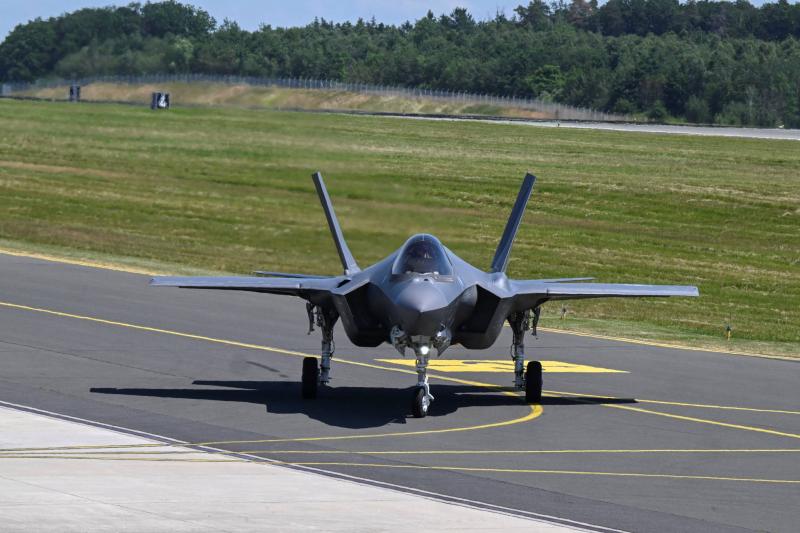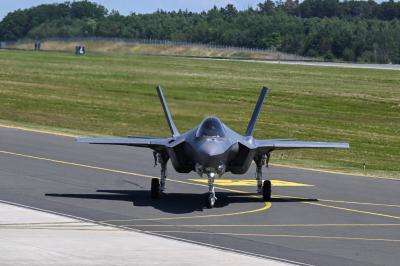The American-Iranian confrontations over the past years, culminating in the killing of American soldiers on the border between Jordan and Syria this week by a drone launched by Iranian militias, indicate a peculiar stance of Washington's policy towards Iranian militias, particularly under the current administration. Observers clearly see hesitant and faltering responses that do not reflect the depth of Iranian power, despite the intense militia attacks on American units in the region. As mentioned in previous writings, the main reason for the "bashfulness" of the American response and its caution towards Iran has been the ongoing negotiations regarding the nuclear agreement and the pressures from the Iranian lobby in Washington. Both the Obama and Biden administrations have hesitated for a long time before deciding on responses to Iranian strikes against American positions. However, the recent intensification of attacks on coalition forces has raised a fundamental question among American and regional public opinion: How long will the Biden administration refrain from a strategic response to the Iranian assault? And to what extent can it retreat?
**"Rules of Engagement"**
In most military laws worldwide, including US military laws, there is a clear principle known as "Rules of Engagement". This principle outlines the mechanisms and controls for responding to military aggression. In summary, the attacked party has the right to retaliate similarly, and if the aggression continues, they can change the rules of engagement to expand the scope of the war to eradicate the roots of the aggression. The US military and coalition generally applied this principle, but under the direct political command of the White House, under the administrations of Obama, Trump, and Biden, albeit with different approaches. The Obama administration directed the military to prepare appropriate response plans but did not issue direct orders to strike in response to attacks because these attacks were limited, due to Tehran's decision not to ignite a front with Washington as long as "ISIS" posed a threat. The Trump administration escalated its stance against Iran diplomatically and responded militarily more strongly, targeting leaders within the Quds Force, including its commander. However, internal opposition within the United States led to a paralysis of some decisions regarding Iran's militias in the region during Trump's administration. Militarily, the better deployment towards Iran occurred under Trump, but targeting the Quds forces inside Iran itself remained off the table even then. Under the Biden administration, the minimum of the "Rules of Engagement" doctrine has been maintained but at a low threshold, which can be described as having provided the initiative to Tehran and weakened Washington's deterrence capability despite the ongoing negotiations.
**Reasons for Weakness**
If you listen to the propaganda of the Iranian axis, you might believe that Tehran and its partners have actually managed to impose a new balance of power through their strategic intelligence, advanced weapons, and ideological approach. They attempt to convince their supporters that they are imposing defeat and retreat on American forces in the region. Of course, this kind of media narrative is close to political delirium and lacks objective reality. If the American power decides, it can destroy Iranian militias in the Levant without discussion, thanks to overwhelming firepower, advanced technology, and unlimited logistical capabilities. If Washington decides to wage an offensive war with all its might against the axis forces in Syria, Iraq, and Hezbollah in Lebanon, it can dismantle the "three colonies". However, what many in the region do not understand is that the only weapon Iran possesses against America is not located in the East; it is an invisible "aircraft carrier" deep within the United States, known as the Iranian lobby. This pressure group, funded by the nuclear agreement, is what paralyzes the administration's ability to issue engagement orders. This is the deadliest and oldest weapon in history: political money.




